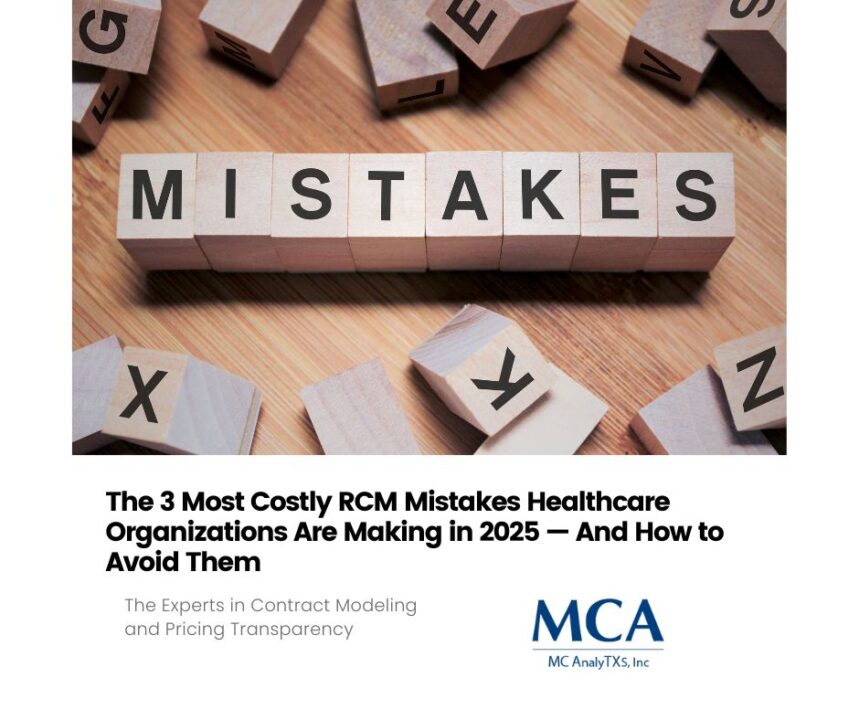
The Rise of Value-based Contracts in Healthcare: Why More Provider Organizations are Opting for Them Outside of Medicare
November 27, 2023
Key Performance Indicators (KPIs) for Healthcare Revenue Cycle Improvement
December 4, 2023Crafting A Sustainable Managed Care And Operational Strategy: The Key To Ensuring Superior Patient Care
Providing superior patient care is the ultimate goal of every healthcare organization. But, financial sustainability is equally important for ensuring that the organization can continue providing the care patients need, while also staying relevant amidst the rapidly evolving healthcare landscape.
A well-crafted managed care and operational strategy is the key to achieving both these goals.
In this article, we will share some tips and best practices for creating a sustainable managed care and operational strategy—while ensuring patient care is always at the forefront.
Develop a deep understanding of your patient population:
When crafting a managed care and operational strategy, it is essential to begin with a deep understanding of the patient population that your organization serves.
This includes everything from demographics, and social determinants of health, to medical conditions, and even patient cultural beliefs.
The more detailed and nuanced the understanding, the more effectively an organization can tailor its services to meet the unique needs of its patients.
Align care delivery models with patient needs:
Once an organization understands its patient population, it can then align its care delivery models accordingly.
This might include the creation of patient-centered medical homes, chronic disease management programs, or telehealth services.
Care delivery models should be designed to ensure that every patient receives the ideal treatment for their unique needs, practically leading to superior clinical outcomes.
Foster strong partnerships with payers:
A sustainable managed care strategy requires strong partnerships with payers.
Collaboration with payers can help healthcare organizations develop sustainable payment models that ensure continuity of care and stability of revenue.
The key is to establish clear communication and collaborate on shared goals, which can lead to more efficient and patient-focused care delivery.
Utilize data for insights and decision-making:
Data is another critical component of a sustainable managed care and operational strategy.
Data provides insights into patient populations, care delivery models, and financial sustainability.
By leveraging data, healthcare organizations can identify areas for improvement and make more informed decisions.
Continuously evaluate and refine the strategy:
Finally, it’s important to continuously evaluate and refine the managed care and operational strategy.
Healthcare is an ever-changing field, and updates to policies, regulations, and patient needs can impact an organization’s strategy.
Regular evaluation helps to ensure that the organization is adapting to changes and that it continues to provide superior patient care in a financially sustainable manner.
Conclusion:
Sustainability in healthcare is more important than ever before.
A managed care and operational strategy that accounts for patient needs, fosters strong partnerships with payers, utilizes data insights, and is continuously refined can help healthcare organizations achieve both financial sustainability and superior patient care.
Achieving these goals isn’t easy – it requires time, resources, and often, a shift to new ways of thinking.
However, the benefits of a sustainable strategy are worth the investment. By starting with a deep patient understanding, implementing the appropriate care delivery models, fostering strong partnerships with payers, utilizing data insights, and refining the strategy continuously, healthcare organizations set themselves up for long-term success in providing superior patient care.





